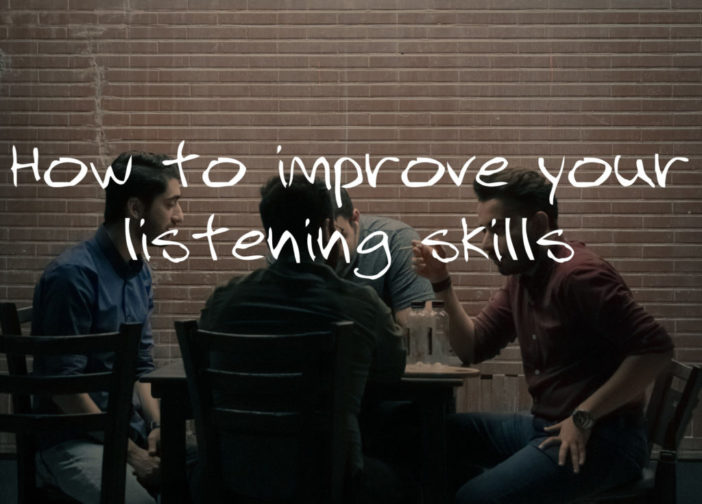How to improve your listening skills
When I listen to an English broadcast, or to my colleagues talking in English, I can’t understand half of what I hear! Maybe if they slowed down a little … or used easier words … or avoided all that slang. It’s so frustrating! So how can I improve my English listening skills?
Ah, the million-dollar question!
Obviously, the only way you can improve is to listen more. Your ideal listening material, like your reading material, should be just slightly above your current level, so that you are able to understand almost all of what you hear (or read) but are still challenged to keep acquiring new vocabulary words, phrases, and structures. I definitely don’t recommend a steady diet of TOEFL lectures! They are fine for studying for the test itself, but if your goal is to gain English fluency in general (and I hope that is your goal!), listen to material that you actually enjoy.
Almost everyone knows about TED talks, American TV series and movies, podcasts, Voice of America, and YouTube. Here are some other resources you might consider.
Lots of current events topics. Can be adjusted to beginner, intermediate, and more advanced levels along with the original newscasts. Also offers opportunities for reading, writing, and speaking practice. Both British and American accents. Available as an app for both iPhone and Android.
Series of dialogues (conversations) recorded by a wide variety of Americans about compelling true stories from their lives. Transcripts are provided. Lots of different accents (not just “TOEFL English”), so excellent practice for understanding “real” Americans. Conversations are generally quite short (around five minutes) so easy to incorporate into daily study time. Also available as a podcast.
Long-running American public radio program featuring interviewer Terry Gross and an enormous variety of interviewees. Excellent preparation for TOEFL Listening conversations. Interviews are around 30 minutes long, with no transcript, so appropriate for more advanced levels. Also available as a podcast.
Both of these platforms offer MOOCs (massive open online courses) in a huge variety of subjects. Both are free although you will be offered the chance to buy a “certificate” for your participation. Most courses have limited availability, and there’s usually a six- to nine-week window when the course is open. You can leave the course at any time, or pick and choose what materials to focus on. Lots of material for both reading and listening, and transcripts and/or subtitles are usually provided. Also available as apps, but some features will not work in the app format. I have taken courses with both platforms and I don’t notice any significant differences between them; choose the class that interests you the most!
I’ve already covered my favorite listening platform in another blog post. You can receive a one-month free trial; after that, there’s a monthly fee. The variety of (educational but not always “academic”) topics, the outstanding professors, and the plethora of helpful graphics are the main drawing points for this platform. The Great Courses app works really well and allows you to watch or listen to lectures on your phone or tablet. Subscription is available world-wide, though European Union residents must subscribe through the app rather than the website.
If you are preparing for TOEFL Listening, check this article for more tips.


